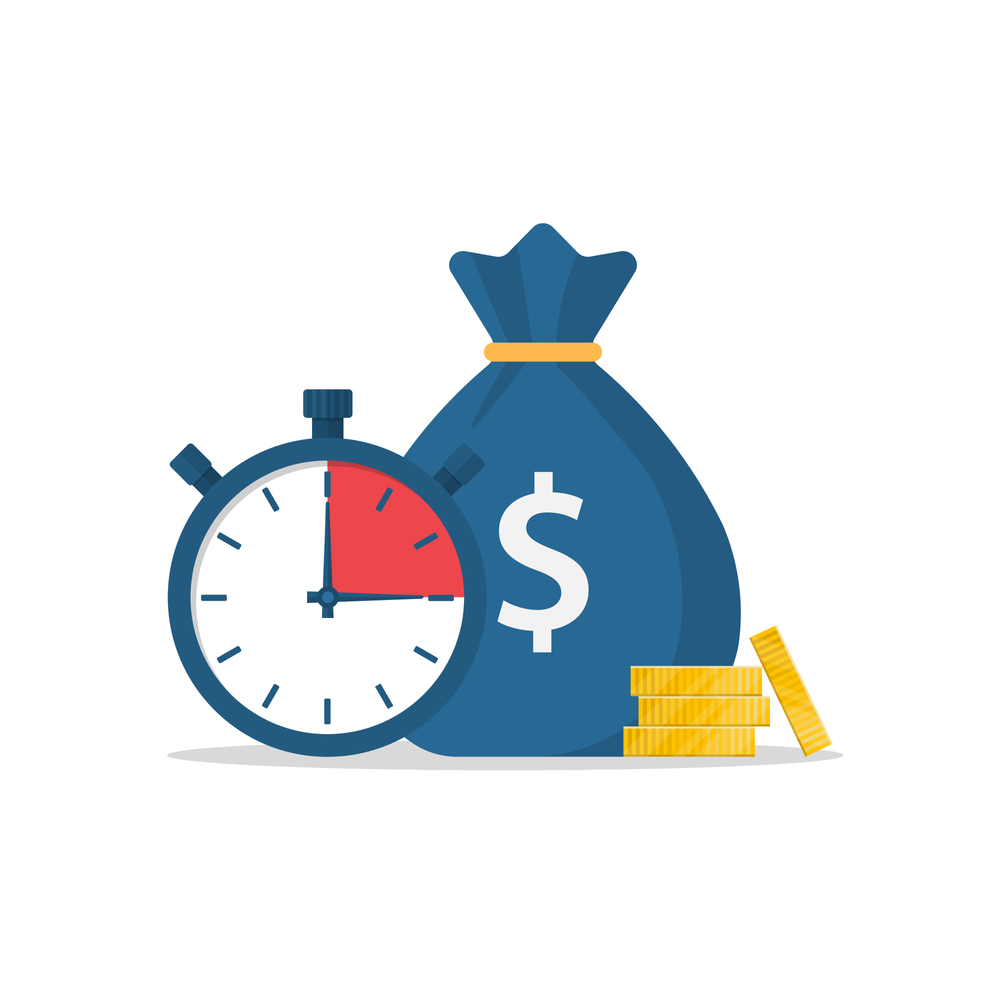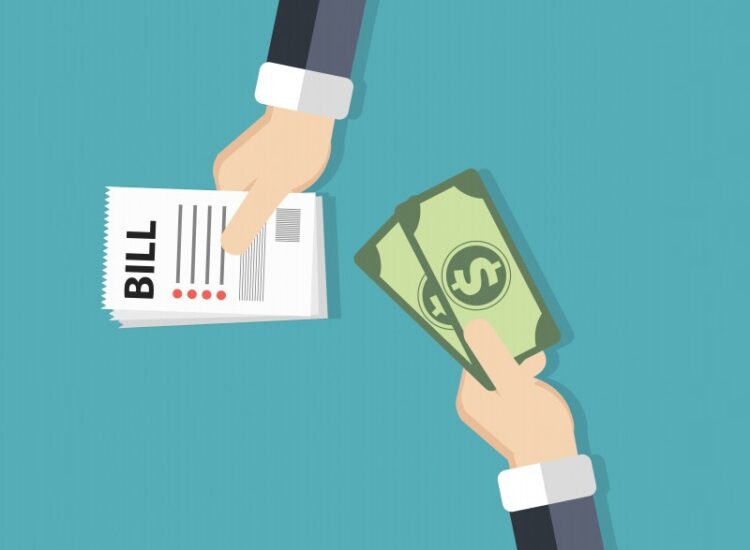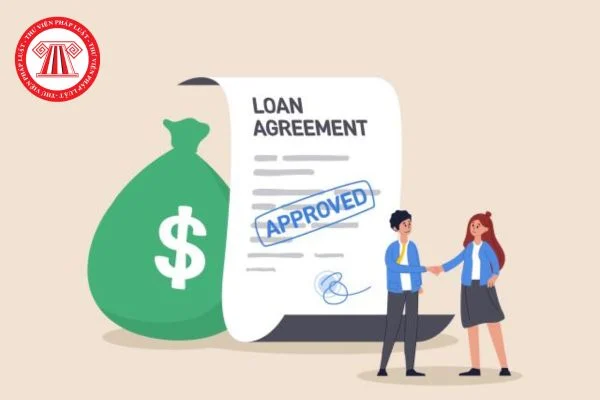Unexpected home repairs or medical emergencies can leave homeowners scrambling for funds. A home equity loan without refinancing offers a potential solution, allowing access to your home’s equity without altering your existing mortgage. However, this approach carries risks, including higher interest rates and the potential for increased debt. Meticulously evaluating your financial situation is crucial before proceeding, especially in light of the recent trend of rising interest rates, which affects both HELOCs and fixed-rate home equity loans.
Toc
- 1. Understanding Home Equity Loans Without Refinancing
- 2. Exploring Home Equity Loan Options: HELOCs vs. Home Equity Loans
- 3. Using a Home Equity Loan Calculator and Assessing Your Needs
- 4. Applying for a Home Equity Loan Without Refinancing: The Process and What to Expect
- 5. Home Equity Loans and Bad Credit: Finding Options
- 6. Related articles 02:
- 7. Accessing Home Equity Without a Loan: Alternative Strategies
- 8. Conclusion
- 9. Related articles 01:
Understanding Home Equity Loans Without Refinancing
A home equity loan without refinancing is a financial tool that enables homeowners to borrow against the equity in their homes without changing their existing mortgage terms. This option is particularly appealing for those who want to avoid the costs and complexities associated with refinancing.
How It Works
When you take out a home equity loan without refinancing, you are essentially securing a second mortgage. This means you can borrow a lump sum based on the equity you’ve built in your home while keeping your primary mortgage intact. For example, if your home is valued at $300,000 and you owe $200,000, you may be able to borrow against that $100,000 in equity.
Advantages of Home Equity Loans Without Refinancing
- Avoiding Refinancing Costs: One of the most significant benefits is that you don’t have to deal with the closing costs and fees associated with refinancing your mortgage.
- Quick Access to Funds: Home equity loans typically provide a lump sum quickly, which is ideal for urgent financial needs. However, it’s important to note that while the disbursement of funds is generally quicker than refinancing, the process still involves underwriting and appraisal, meaning it may not be instantaneous. Some lenders might take several weeks to finalize the loan.
- Fixed Payments: Many home equity loans come with fixed interest rates, making budgeting easier as you’ll know exactly what your monthly payment will be. Yet, while fixed-rate home equity loans offer predictable monthly payments, the overall cost of borrowing may be higher compared to a HELOC, especially if interest rates fall during the loan term.
Disadvantages to Consider
- Higher Interest Rates: Generally, the interest rates on home equity loans are higher than those of primary mortgages. This can lead to increased overall costs. However, the exact difference varies greatly depending on credit score, loan amount, and prevailing market interest rates. A borrower with excellent credit might secure a rate only slightly higher than their existing mortgage rate, while someone with poor credit may face significantly elevated rates. Therefore, comparing rates from multiple lenders is crucial.
- Risk of Foreclosure: Since your home secures the loan, failing to make payments could result in losing your property.
- Increased Debt: Adding a second mortgage can increase your debt load, which might affect your financial health in the long run.
Exploring Home Equity Loan Options: HELOCs vs. Home Equity Loans

When considering a home equity loan without refinancing, it’s essential to compare the options available, particularly Home Equity Lines of Credit (HELOCs) and traditional home equity loans.
HELOCs: A Flexible Alternative
A HELOC operates similarly to a credit card, providing a revolving line of credit based on your home equity. You can draw funds as needed during a specified draw period, typically lasting up to ten years, and then pay back the balance over a set repayment period.
Features of HELOCs
- Flexibility: You can borrow as needed rather than receiving a lump sum, making it a versatile option for those who may not need all the funds upfront.
- Variable Interest Rates: Unlike fixed-rate home equity loans, HELOCs usually come with variable interest rates that can fluctuate over time.
- Interest-Only Payments: During the draw period, you might only be required to pay interest, which can lead to lower initial monthly payments.
Recent reports indicate an increase in HELOC applications due to rising interest rates making refinancing less attractive and the need for homeowners to tap into home equity for various expenses.
Home Equity Loans: Stability and Predictability
On the other hand, traditional home equity loans provide a fixed amount of money upfront that you repay over a set term at a fixed interest rate.
Key Features of Home Equity Loans
- Fixed Interest Rates: This offers stability in your monthly payments, making it easier to plan your budget.
- Lump-Sum Payment: Ideal for significant expenses, such as home renovations or consolidating debt.
Side-by-Side Comparison
| Feature | HELOC | Home Equity Loan |
|---|---|---|
| Payment Structure | Variable, interest-only initially | Fixed monthly payments |
| Access to Funds | Revolving credit line | Lump sum |
| Interest Rates | Variable | Fixed |
| Flexibility | High | Low |
Using a Home Equity Loan Calculator and Assessing Your Needs

Understanding how much you can borrow is crucial when considering a home equity loan without refinancing. This is where a home equity loan calculator comes into play.
Importance of the Home Equity Loan Calculator
A home equity loan calculator helps you estimate how much you can borrow based on your home’s value and your existing mortgage balance. This tool can provide valuable insights into your borrowing capacity and help you avoid overborrowing.
Factors to Consider Before Applying
- Debt-to-Income Ratio: Lenders will look at your debt-to-income ratio to determine your ability to take on additional debt. A healthy ratio typically indicates financial stability, and lenders generally prefer a debt-to-income ratio below 43%, though this can vary by lender and applicant profile.
- Credit Score: A higher credit score often leads to better loan terms and interest rates.
- Home Appraisal: An appraisal will determine your home’s current market value, directly affecting how much equity you can access.
Applying for a Home Equity Loan Without Refinancing: The Process and What to Expect
The application process for a home equity loan without refinancing can feel overwhelming, but understanding what to expect can ease the stress.
Preparing for the Application
- Documentation: You will need to gather documents such as proof of income, tax returns, and information about your existing mortgage.
- Credit Check: Lenders will conduct a credit check to assess your creditworthiness.
- Appraisal: An appraisal will be required to determine your home’s value.
The Underwriting Process
After your application is submitted, lenders will review your financial information, assess the risk of lending to you, and determine if you qualify for the loan.
Post-Approval Steps
Upon approval, lenders will provide you with the final terms of the loan, including interest rates and fees. Understanding these details is essential before signing any agreements.
Factors Influencing Approval
- Credit Score: A higher score generally leads to better loan terms.
- Income Verification: Proof of income is essential for assessing your repayment capability.
- Debt-to-Income Ratio: A lower ratio indicates a better ability to manage additional debt.
Understanding Closing Costs
While home equity loans usually have lower closing costs than refinancing, it’s essential to understand any associated fees, such as application fees or appraisal costs. Discuss these costs with your lender to avoid surprises.
Home Equity Loans and Bad Credit: Finding Options
If you have bad credit, accessing home equity can be more challenging, but it’s not impossible.
Challenges Faced by Homeowners with Bad Credit
Homeowners with less-than-perfect credit may find it difficult to secure favorable terms for a home equity loan without refinancing. However, there are options available.
1. https://nhagobinhthuoc.com/mmoga-mortgage-consolidation-loan-simplify-your-debt/
2. https://nhagobinhthuoc.com/mmoga-secure-your-future-a-guide-to-fixed-rate-student-loans/
4. https://nhagobinhthuoc.com/mmoga-secure-your-financial-future-a-guide-to-mobile-home-equity-loans/
5. https://nhagobinhthuoc.com/mmoga-rocket-loans-personal-loan-a-borrowers-guide/
Alternative Solutions
- Secured Personal Loans: These may be an option, although they often come with higher interest rates.
- Comparing Rates: It’s crucial to compare different lenders’ interest rates and terms to find the best option available.
How to Get Equity Out of Your Home with Bad Credit
- Consider a Co-Signer: If you have a family member or friend with good credit, having them co-sign your loan can improve your chances of approval.
- Improve Your Credit Score: Taking steps to improve your credit score before applying can help you secure better loan terms.
Accessing Home Equity Without a Loan: Alternative Strategies

For those who prefer not to take on additional debt, there are alternative methods to access home equity.
These agreements allow you to access a portion of your home’s equity in exchange for sharing future appreciation with an investor. This option can provide immediate funds without the burden of monthly payments.
Home Equity Investment Programs
These programs allow you to sell a share of your home’s future appreciation for upfront cash. While this can be a great way to access funds, it may impact your long-term wealth.
Pros and Cons of Alternatives
- Pros: No monthly payments and potential for cash without debt.
- Cons: Sharing future appreciation may reduce your overall equity.
Conclusion
This article explored the process of obtaining a home equity loan without refinancing, emphasizing the benefits and risks associated with this financial tool. We examined different loan options, including HELOCs, and discussed strategies for navigating the application process, even for those with less-than-perfect credit.
As the trend of rising interest rates continues, it’s crucial to carefully assess your financial situation, use a home equity loan calculator, and compare offers from multiple lenders before making a decision. Consulting a financial advisor is highly recommended before taking on any significant debt. By understanding the nuances of home equity loans and available alternatives, you can make an informed choice that aligns with your financial goals, ensuring that you access your home equity wisely and responsibly.
2. https://nhagobinhthuoc.com/mmoga-secure-your-financial-future-a-guide-to-mobile-home-equity-loans/
3. https://nhagobinhthuoc.com/mmoga-mortgage-consolidation-loan-simplify-your-debt/
4. https://nhagobinhthuoc.com/mmoga-secure-your-future-a-guide-to-fixed-rate-student-loans/
5. https://nhagobinhthuoc.com/mmoga-rocket-loans-personal-loan-a-borrowers-guide/










